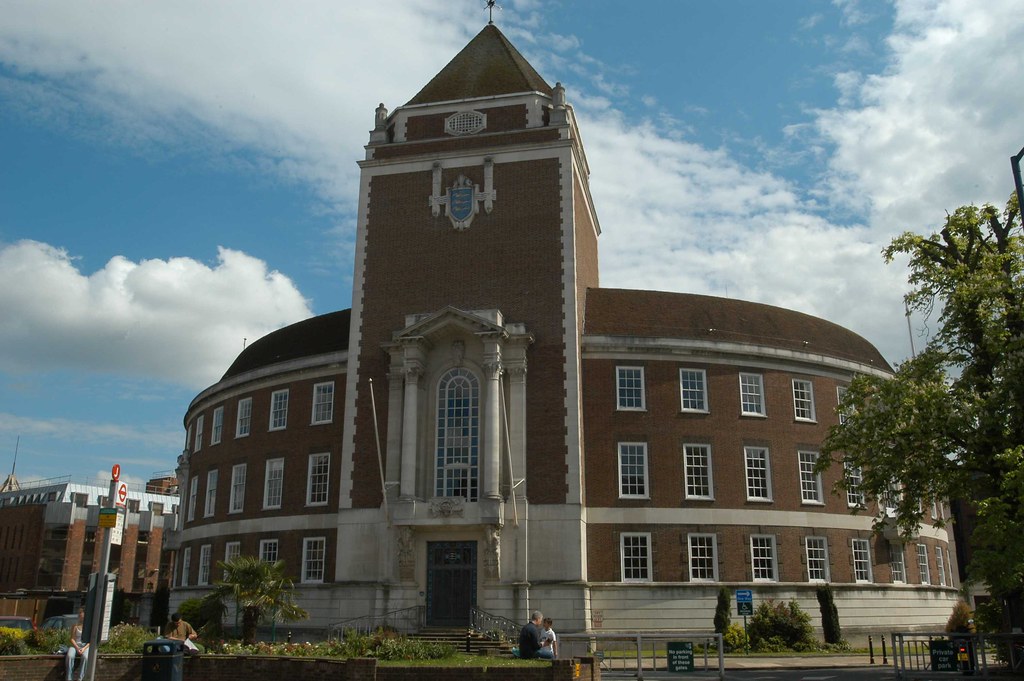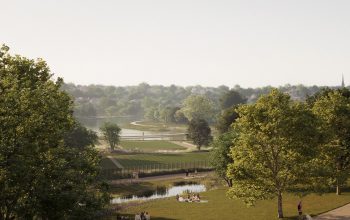Kingston Council have released their budget proposals for 2024-25, outlining plans for a 4.99% rise in council tax aimed at funding key services such as childcare, waste management and environmental measures.
The rise is made up of a 2.99% increase in general council tax and a further 2% increase in the Social Care Precept. This is the largest rise the council can impose without holding a referendum.
Under these proposals, the average Band D Council Tax for 2024/25 will be £1,903.95 – an increase of £90.49 from the previous year.
The council has said it needs to find an extra £15.65m to meet rising costs and increasing demand for vital services.
In recent years, high inflation and real-terms budget cuts from Westminster have put financial strain on councils across England – with England’s council sector facing a £4 billion funding shortfall according to the Local Government Association (LGA).
Since 2021, five councils in England have declared bankruptcy.
The Chancellor, Jeremy Hunt, set out a 1.5% real-terms decrease in funding for ‘unprotected departments’ in last year’s Autumn Statement – which includes local government funding.
The Kingston budget pack states: “This is one of the most challenging times for local government finance there has even been.”
In light of this, the council has proposed increasing fees for parents who rely on council-run nurseries – with hourly rates increasing by 49p to £6.75 per hour for two-year-old funding and by 16p to £5.65 per hour for three-and-four-year olds.
As part of the council’s aim to create a “fairer, safer, greener” Kingston, nearly £240 million of infrastructure funding over four years has been proposed via the Capital Programme, while £188m has been allocated in dedicated school grants – a 4.8% increase on the previous 12 months.
Among other key pledges in the budget pack is £139 million in funding for the Housing Revenue Account (HRA), which will be used to maintain, expand and invest in the council’s stock of nearly 6,000 properties.
As part of a five-year Capital Strategy, £70 million in funding for a schools building programme has been proposed, as has nearly £12 million for highways, transport and general infrastructure.
Meanwhile, a general fund reserve of £19.6 million will be maintained to “provide a buffer against unforeseen events.”
The council have renewed their commitment to reaching net-zero targets by 2030 and say that carbon emissions produced by the council have fallen 27% since 2017/18.
However, a 35% reduction in year-on-year emissions will be required from now onwards to meet the aforementioned target in time.
Last Autumn, Kingston Council became one of the first council’s to begin replacing their diesel-powered waste collection vehicles with electric powered ones.
Ongoing instillation of high efficiency LED street lighting across the borough is hoped to contribute to this target – with estimated resulting savings of 5,050 tonnes of carbon emissions over 25 years and £220,000 saved in electricity costs per year.
More energy measures are set to be proposed in a forthcoming Energy Strategy, which will be presented to the Place Committee this March.
Also proposed are a series of project investments – which include expansion of Surbiton cemetery plots’ and the building of a five bed property to provide temporary accommodation for looked after children.
The Cambridge Road Estate Regeneration plan detailed in the budget pack says the council plans to deliver 2170 homes over 15 years, with the first being occupied as soon as October 2024.
Additionally, the budget pack says the borough’s median gender pay gap is 1.82% – far smaller than the national average of 14.3%.
Budget proposals will be discussed at a series of committees in early-to-mid February, before reaching the Budget Council on February 29.
Those who would like to share their thoughts on the budget with the council can email engagement@kingston.gov.uk.





